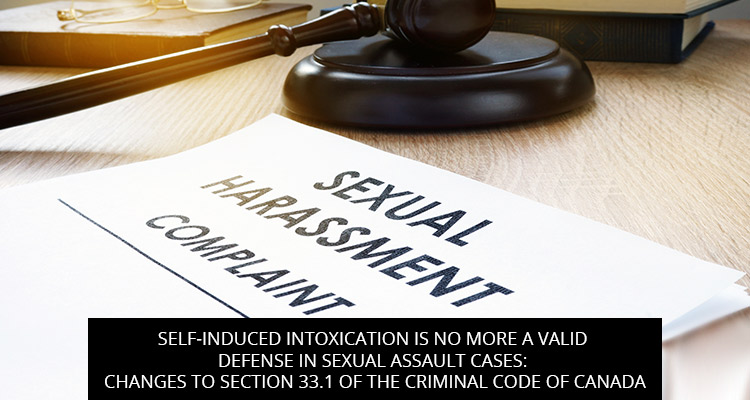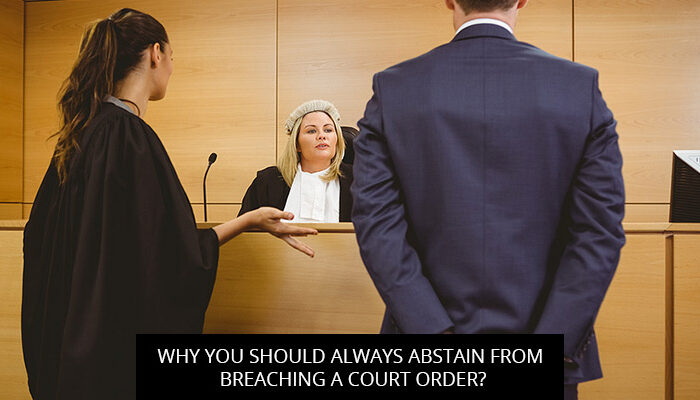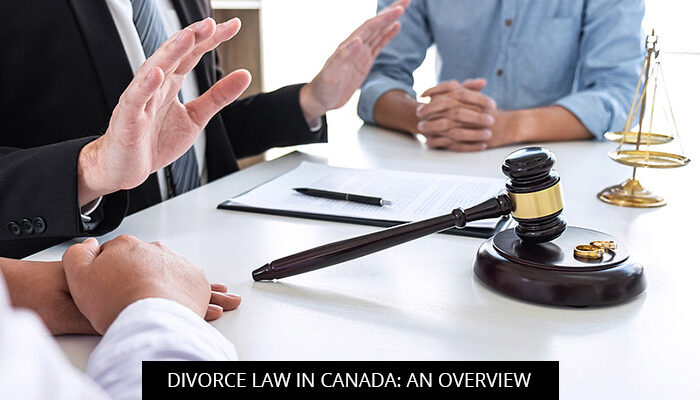
The Law, now, imposes a criminal liability to those who used to get away with sexual assault and violence cases by invoking the ground of self-induced intoxication. The defense of Self-induced extreme intoxication will no longer render the accused innocent.
Previously, being intoxicated at the time of an act of violence was a legal defense under section 33.1 of the Criminal Code. It would not be wrong to say that such a provision was not only unconstitutional and unfair but also impaired the country’s overall Charter of Rights and Freedoms.
On June 23, 2022, Bill C-28 reanalyzed the constitutionality of section 33.1 of the Criminal Code and remedied the long overdue failure of Canadian criminal law.
Section 33.1 of the Code makes it abundantly clear that an individual can never raise the defense of intoxication if they have the bodily integrity of a person during that state of mind.
The amendment came into effect following the Canadian Supreme Court decision in May 2022, dealing with the question of self-induced extreme intoxication in violent crimes. The courts quashed the defense by calling it baseless and a gateway for producing erroneous acquittals.
R v. Brown and R v. Sullivan and Chan, are those cases that prompted legislation to criminalize self-induced intoxication. By warding off the defense of self-induced intoxication in sexual violence cases, the courts have interpreted that there is a large distinction between intoxication and self-induced intoxication.
It is pertinent to note that self-induced intoxication is a voluntary and rational course of action for which the offender reasonably holds no free pass for criminal activity.
Courts have declared extreme intoxication similar to automatism. Self-induced intoxication poses criminal negligence as it renders a person completely unaware of his actions that likewise create chances of harming others in that state.
But Does That Mean Drunkenness Or Being High Alone Would Help Eliminate Criminal Consequences?
The state of drunkenness differs from self-induced intoxication. The SCC made it clear enough in para 61 in R v. Brown that self-induced intoxication automatism is an unconscionable degree of intoxication and of usage of alcohol alone would almost not likely result in extreme intoxication. Similarly, drunkenness is a true defense against committing criminal acts.
Our Criminal Lawyers Can Guide You!
Facing criminal charges can be frightening but that does not necessarily mean you will face conviction. Also, the threshold for proving the cases of self-induced intoxication automatism is incredibly high and it’s always a wise choice to hire a criminal defense attorney who can represent your side of the story. If you have any legal queries, please get in touch in touch with our criminal lawyers.
Disclaimer: Kindly note that sending or receiving information through this site does not establish a solicitor-client relationship. Legal matters are fact-specific, and the law is variably changing. The views expressed and the content provided on this blog are general guidelines and cannot substitute for proper legal advice. Schedule your legal consultation by clicking here: Let’s meet!






